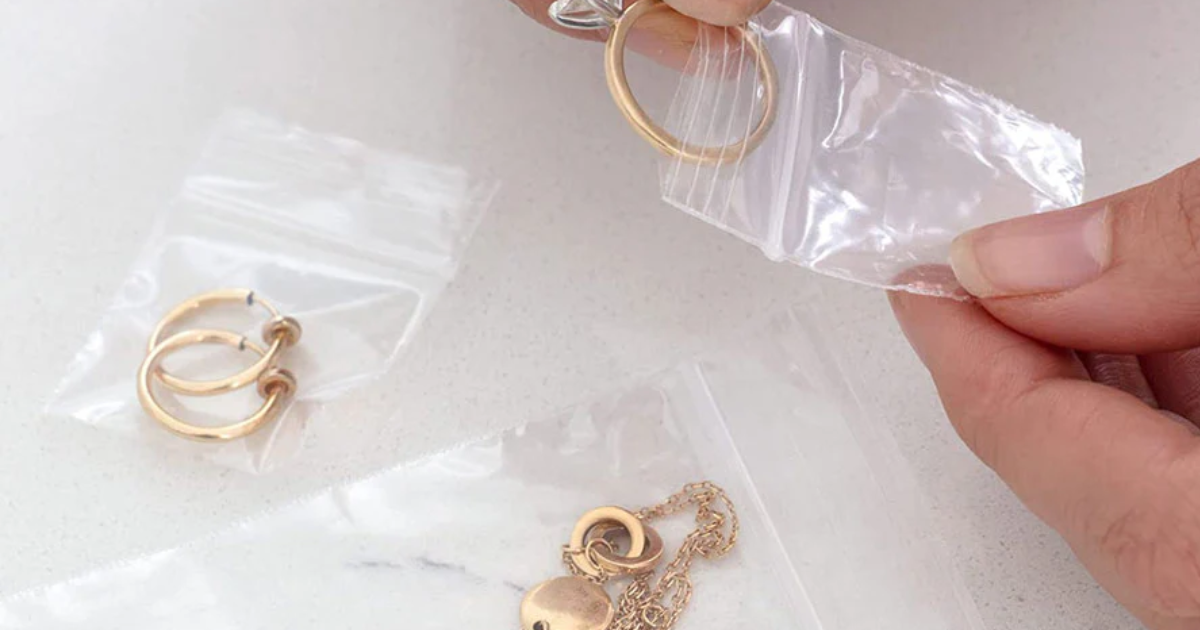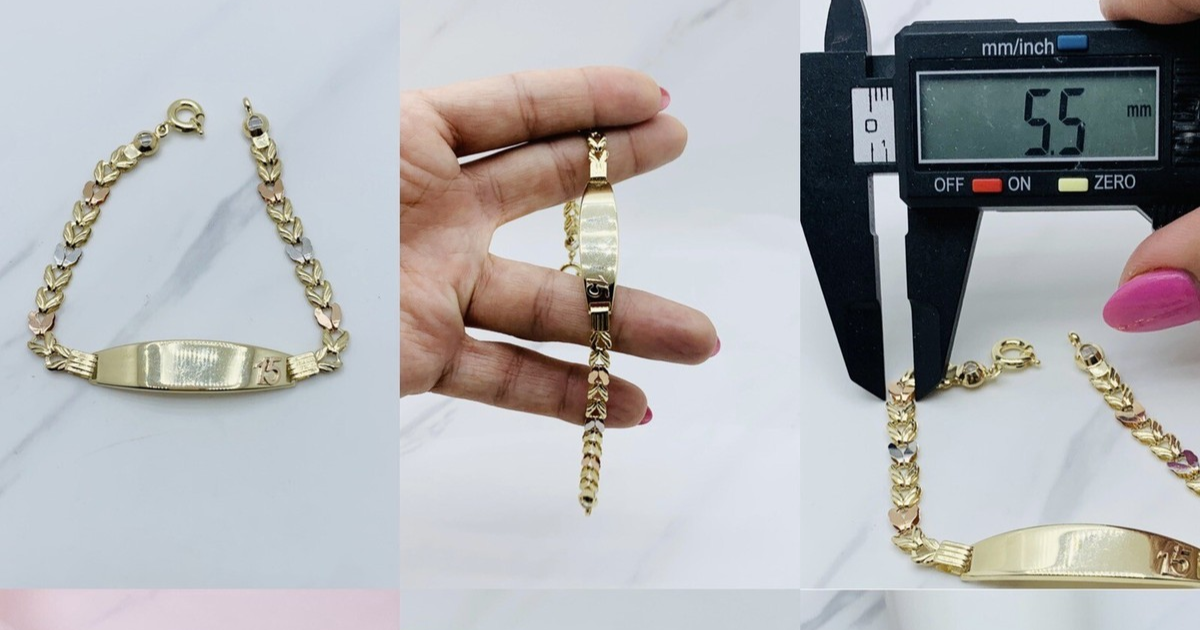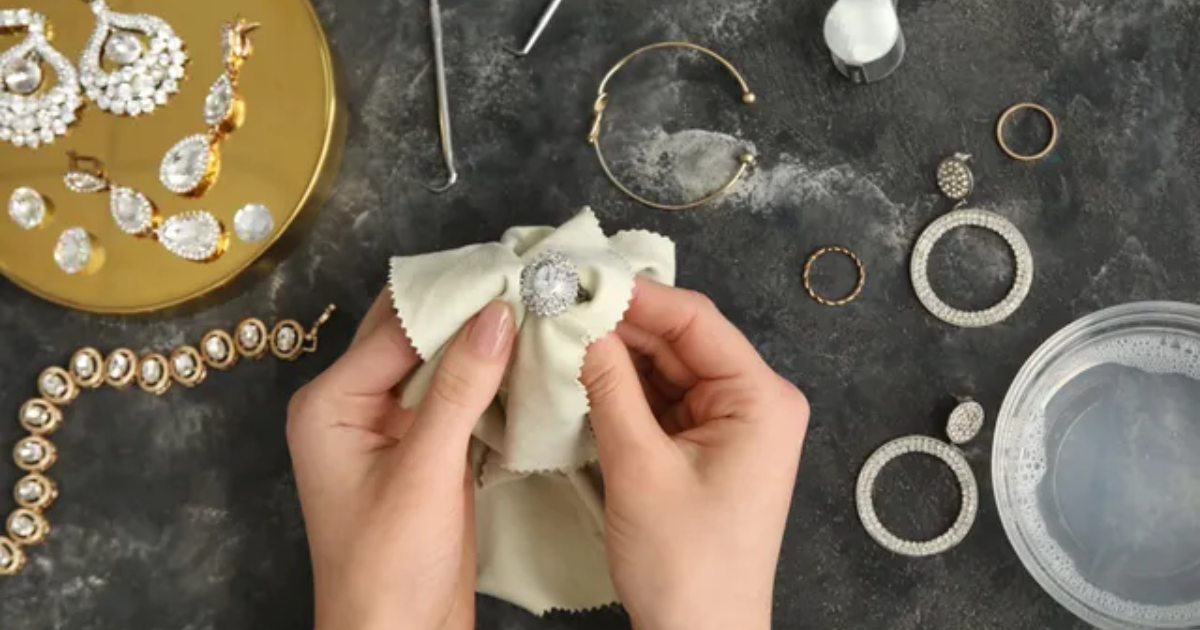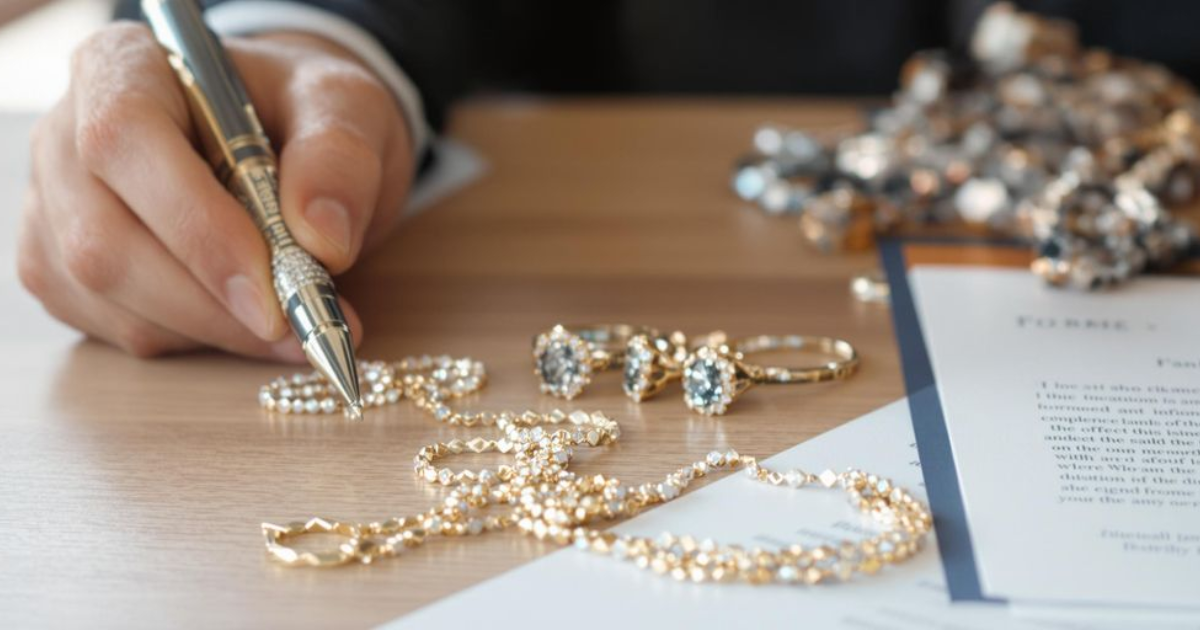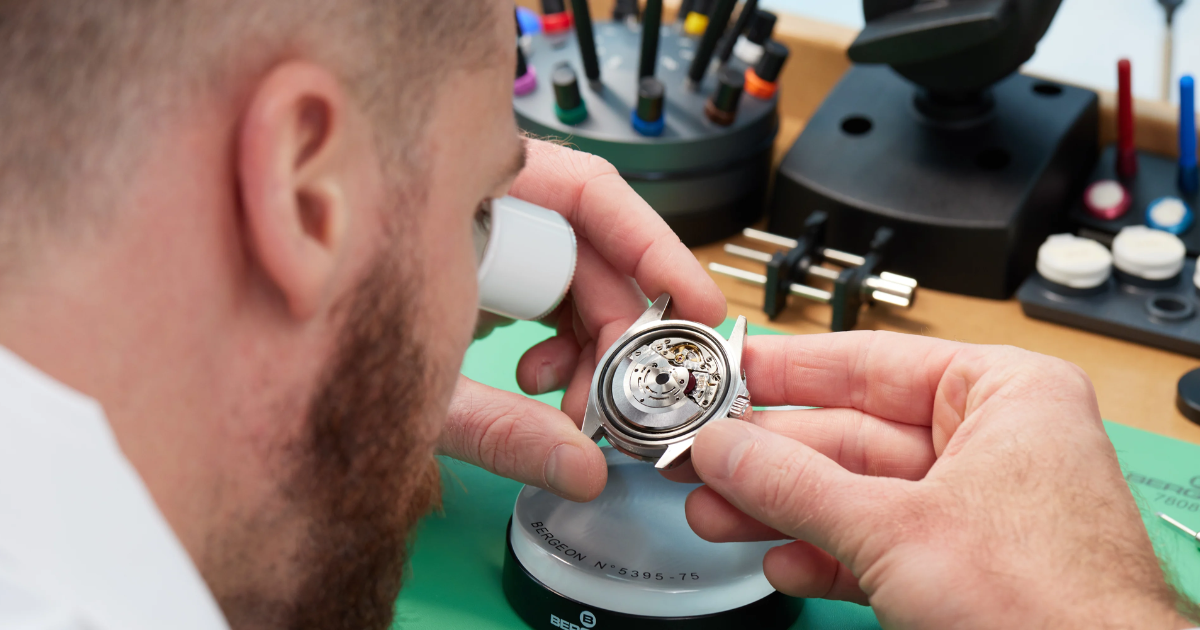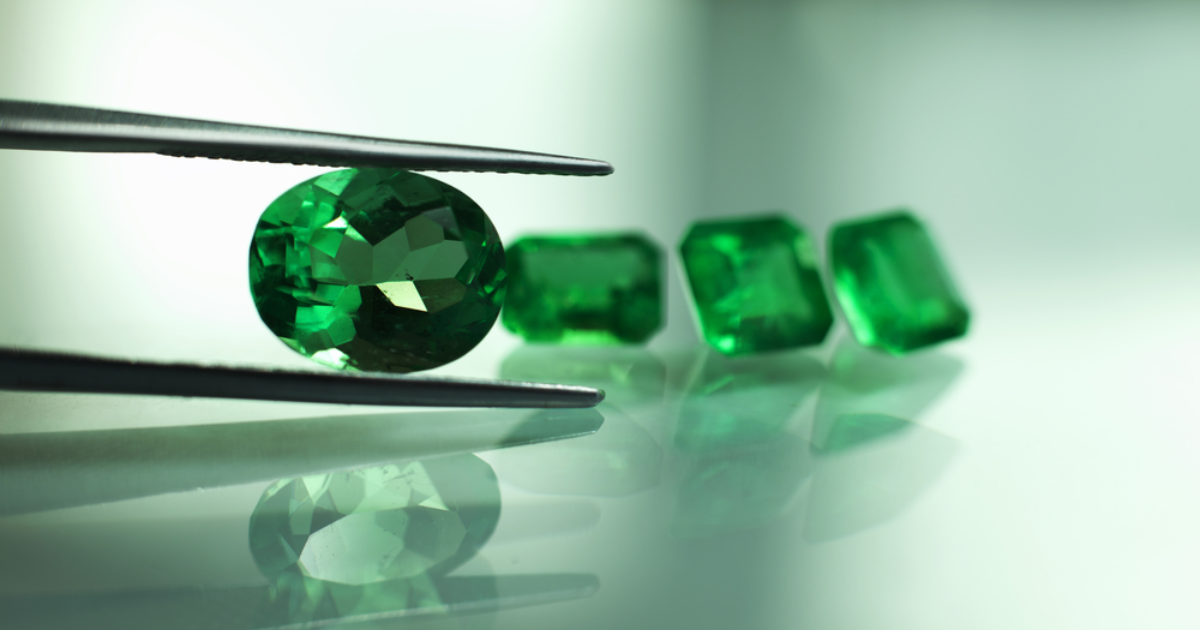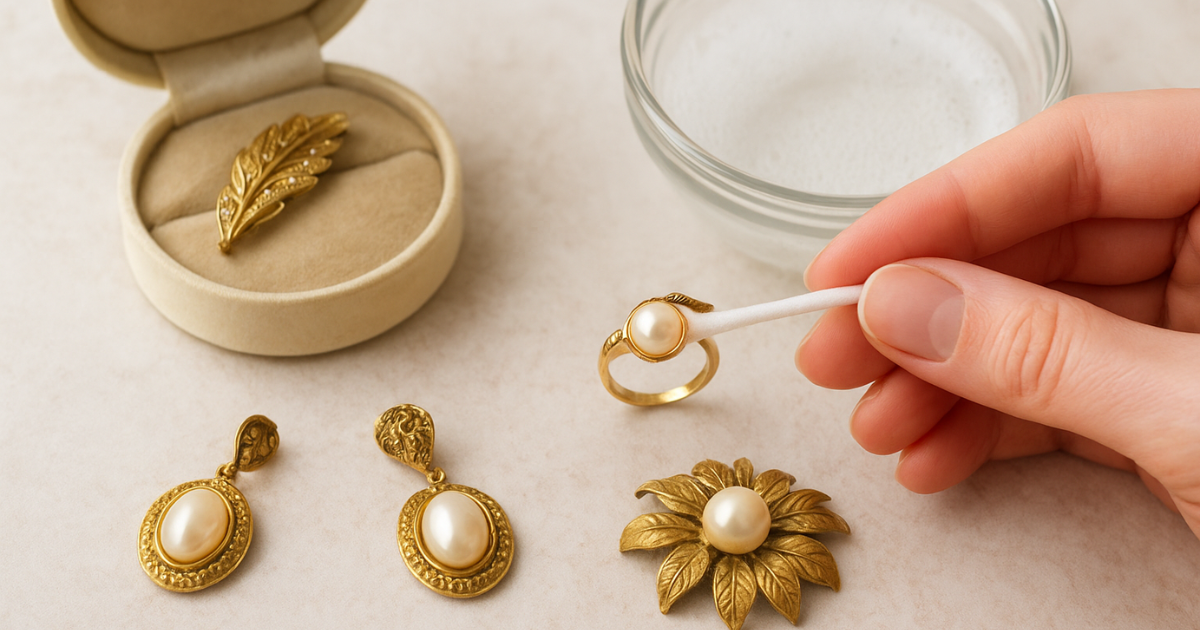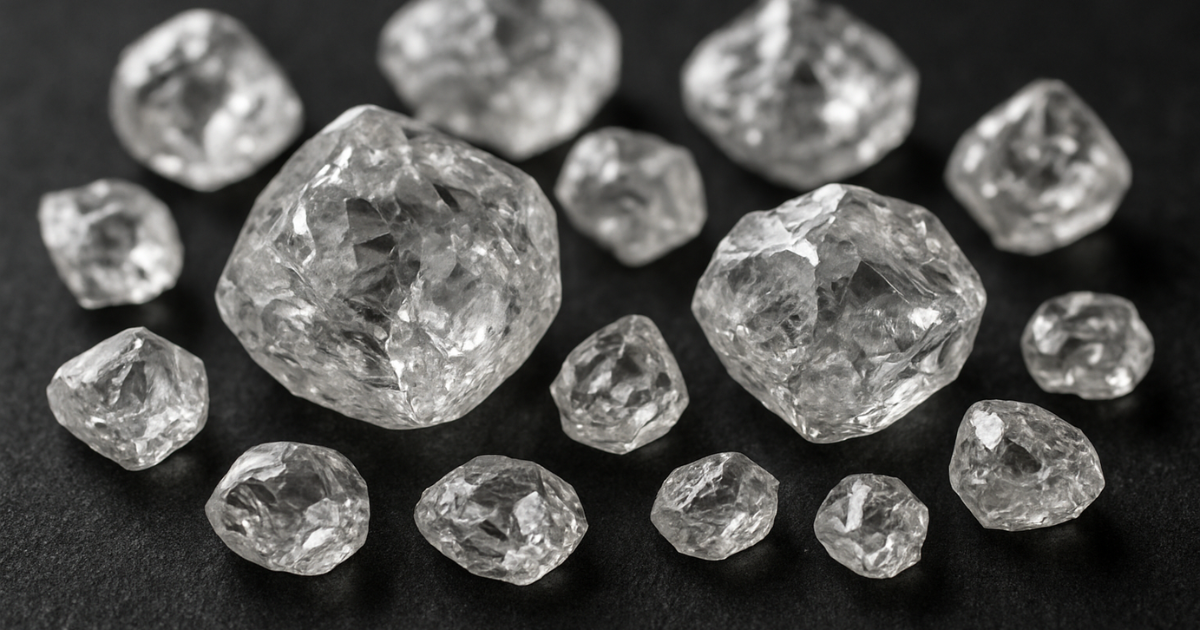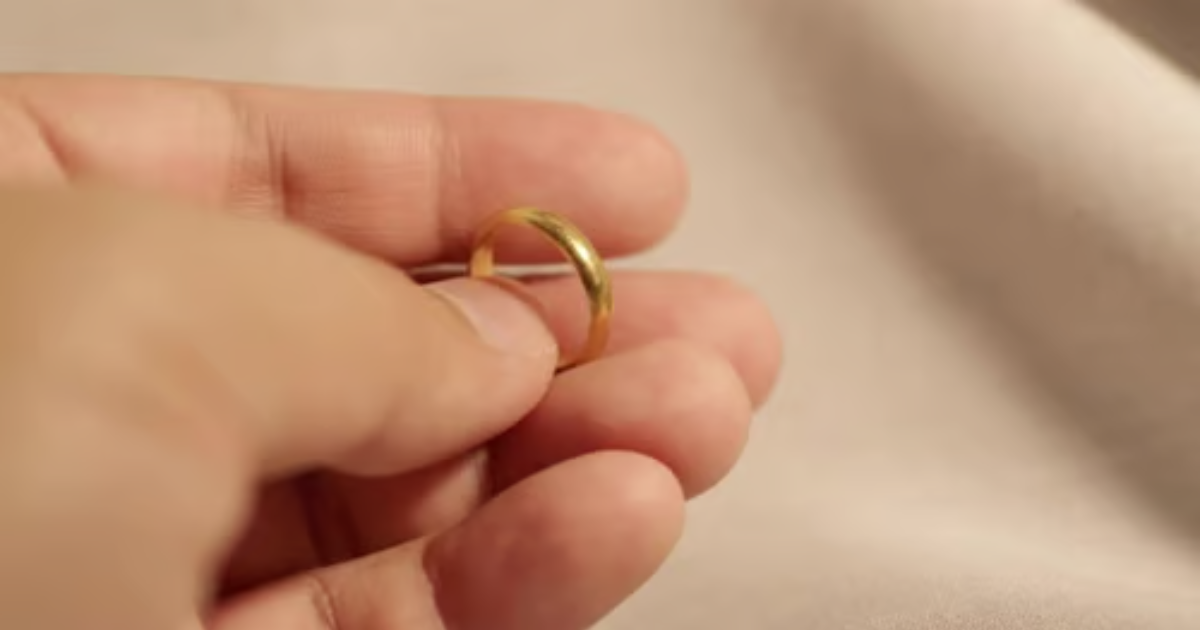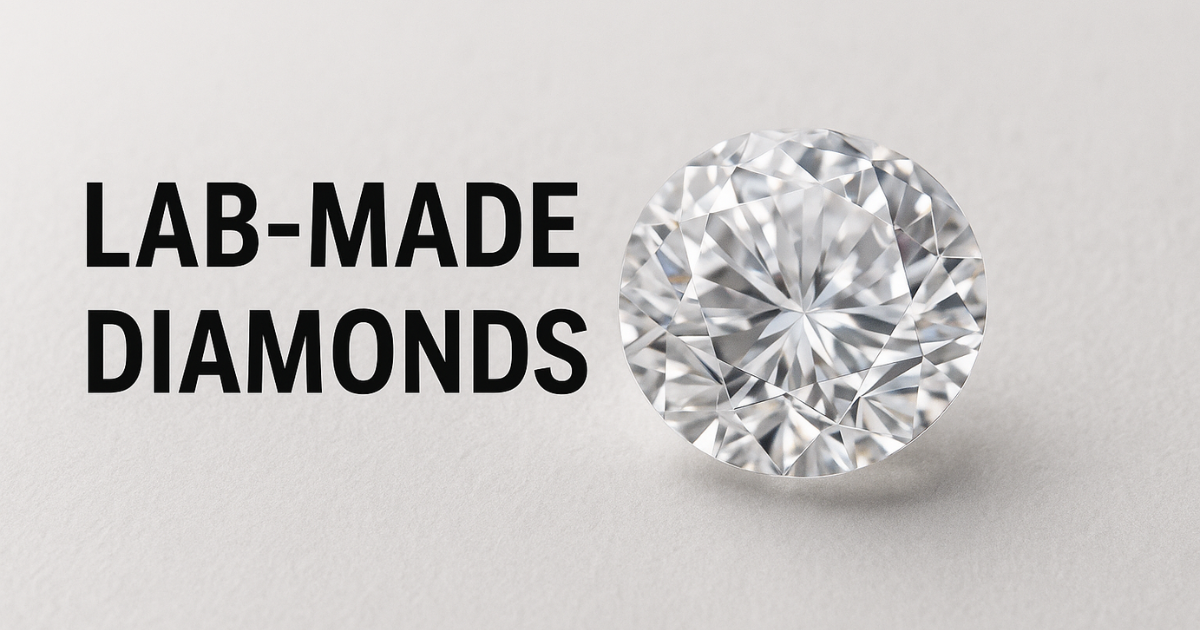Estate Jewelry Appraisal Process: What You Need to Know Before You Sell
You’ve just opened a dusty box from your grandmother’s attic and found a cluster of vintage rings, maybe a brooch that looks like it walked out of Downton Abbey. You’re wondering: is this worth anything? Or maybe you’ve inherited a diamond necklace, and it’s beautiful, but you’re not quite sure how to even start evaluating it.
That’s where the estate jewelry appraisal process comes in. If you’re planning to sell any piece that’s been passed down, gifted, or simply lying untouched for years, understanding how it’s appraised can make a world of difference. Without the right knowledge, you risk settling for less, or worse, walking into a buyer’s office blind.
Don’t worry. This isn’t about turning you into an expert gemologist overnight. It’s about giving you the clarity and knowledge you need to navigate the process confidently and maybe even enjoy the experience. So let’s break it down, step by step.
What Counts as Estate Jewelry?
Before you even think about value, let’s clarify what we’re talking about. “Estate jewelry” isn’t just about old age. It refers to any piece that’s pre-owned, whether it’s vintage (20+ years old), antique (100+ years), or just secondhand.
You could be holding onto a Victorian-era sapphire brooch or a ‘90s gold tennis bracelet. Both qualify. And the beauty of the estate jewelry appraisal process is that it evaluates everything: metal type, stone quality, craftsmanship, and sometimes even brand history.
What the Estate Jewelry Appraisal Process Looks Like?
For your convenience, we’ve broken down the process into three simple steps for you to follow. Here’s what you need to know:
1. Initial Evaluation
The process usually starts with an initial inspection. You bring in your piece, box, and all, and an expert will examine it for hallmarks, stamps, and overall condition.
For example, let’s say you’ve got a ring that says “18K” inside the band. That tells the appraiser it’s made of 75% gold, which influences its scrap value. If the ring has a diamond, its size, clarity, and cut will be assessed under magnification.
Pro tip? Clean the piece gently before your visit. A sparkling stone or polished chain often leads to a better first impression, and yes, it can affect the initial offer.
2. Understanding What They’re Looking For
This is where it gets interesting. The appraiser isn’t just eyeballing the item. They’re assessing key components like:
- Metal type and weight (Is it platinum? Is it solid or plated?)
- Gemstone details (Are the diamonds natural, lab-grown, or imitations?)
- Craftsmanship (Handmade or mass-produced?)
- Designer or brand labels (Signed pieces fetch more)
Every appraiser has a method, but a trustworthy one will explain their findings as they go. In fact, the best part of a professional estate jewelry appraisal process is that it’s transparent. You’ll walk away knowing why a piece is worth what it is, not just what it’s worth.
3. Documentation and Offers
Depending on the service, you may get a written appraisal with details about the piece and its estimated market value. Some buyers charge for formal written reports (especially for insurance purposes), while others provide a verbal appraisal for free if you’re planning to sell.
At this stage, you’ll either get an offer on the spot or be encouraged to think it over. Reputable companies like Ayan Jewelry in Atlanta never pressure you into a decision. They’ll give you the space to compare options and get second opinions if you want.
Why Appraisals Matter More Than You Think
You might be wondering: “Why not just go straight to a buyer and see what they’ll pay?” The answer is simple: knowledge is leverage. Without an accurate understanding of what you own, you can’t negotiate or even recognize a fair price.
Let’s say you were offered $500 for an old-looking necklace. With a proper appraisal, you’d know it’s a turn-of-the-century piece worth double because of its age and original detailing. That difference can be huge, and it happens more often than you’d think.
What Makes the Process Smooth?
You don’t need to memorize the Mohs scale or learn to use a loupe. What you do need is:
- A buyer or appraiser who takes the time to educate you.
- A comfortable, pressure-free environment.
- The option to get your items back if you change your mind.
Companies that handle the estate jewelry appraisal process with professionalism and patience make the experience not only smooth but empowering. It’s not about getting rid of an old piece; it’s about reclaiming its value.
Final Note
Every item you appraise has a backstory. Whether it was a wedding ring, a retirement gift, or something you picked up during your travels, it meant something to someone.
Understanding the estate jewelry appraisal process helps you honor that story, even as you let it go. With the right guidance, you can walk away not just with a payout but with peace of mind.
And that, truly, is priceless.
If you’re in Atlanta and need an appraisal for your estate jewelry piece, then Ayan Jewelry is one expert you don’t want to miss.
Our expert gemologist can dig into the history of what you brought and provide a price that is precisely what it should sell for. Come see us in Atlanta or contact us today. With Ayan Jewelry, you’re in good hands.



